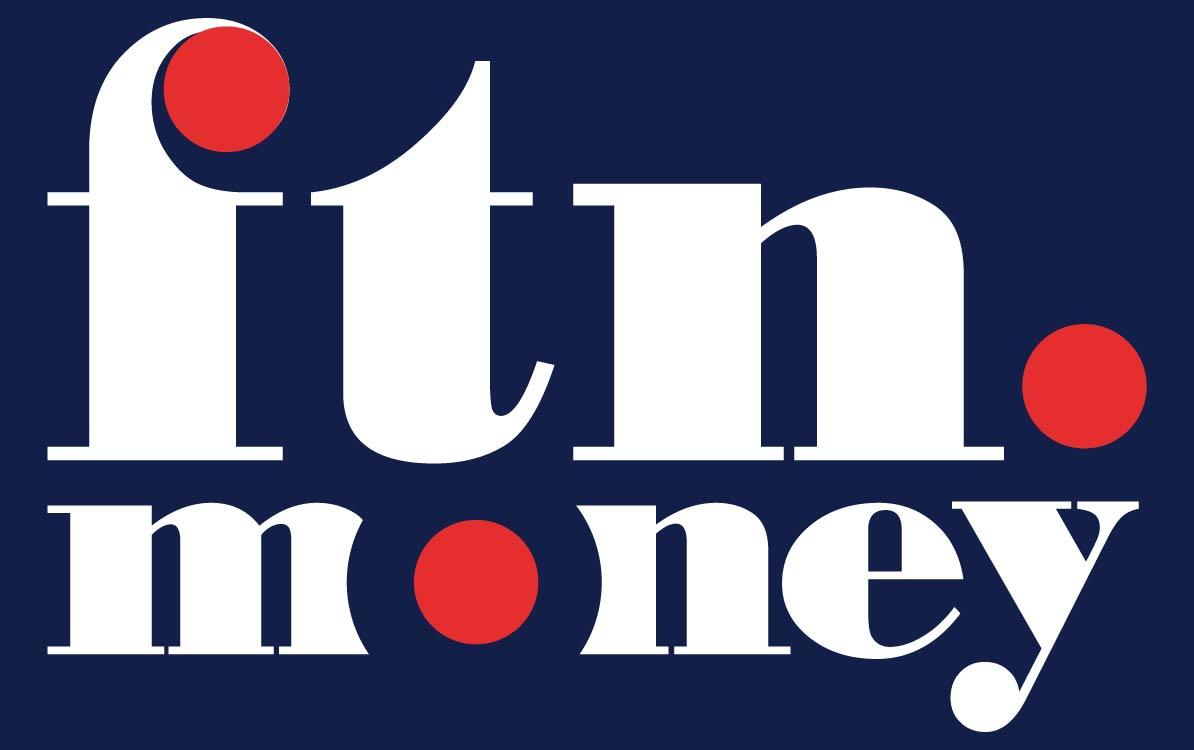At ftn.money, we dissect the infrastructure that powers digital transformation. In education, a pivotal shift is being driven not by content creators, but by AI platform providers. These vendors are succeeding by offering a powerful value proposition: they make an institution’s own course materials smarter, more adaptive, and more effective. By integrating their AI engines directly into existing syllabi, readings, and assignments, they are transforming static curriculum into dynamic learning experiences. This is the story of how platforms, from established players to new entrants like digi-val, are winning institutional contracts by becoming the invisible, intelligent layer over the content universities already trust.

The Platform Play: Enhancing, Not Replacing, Institutional IP
The core of this strategy is respect for the institution’s intellectual property. Unlike enterprise providers who sell their own pre-packaged content, platform providers sell a service that augments an institution’s unique curriculum. Their business model is providing the AI “brain” that operates on the university’s “content.”
The Adaptive Engine: Knewton’s Integration with Wiley
- The Platform: Knewton’s Alta is a prime example of an AI-powered adaptive learning platform.
- The Integration Model: While Alta includes content, its core technology is its adaptive engine. The platform’s success lies in its deep integration with publisher and institutional content through standards like LTI (Learning Tools Interoperability). It analyzes student interactions with the course material to build a precise knowledge graph.
- The Institutional Value: A university can use Alta to power its own math or science curriculum. The AI doesn’t replace the professor’s chosen textbook or problem sets; it intelligently sequences and delivers them based on each student’s demonstrated mastery, ensuring they don’t move forward until they are ready. A study at Rutgers University showed this approach increased pass rates by 9%.
- The Stakeholder Benefit: For students, it feels like the course itself is personally guiding them. For educators, their syllabus becomes a living, responsive entity.
The Skills-Certification Platform: The digi-val Model
- The Platform: digi-val is a new entrant representing a specialised breed of platform providers focused on skills-based learning.
- The Integration Model: digi-val’s platform allows universities and instructors to map their existing course materials and learning outcomes to specific, industry-recognised skill sets. The AI helps create “Micro-credentials” and “Nano-degrees” based on the institution’s own curriculum, providing a formal, verifiable certification of competencies.
- The Institutional Value: This model directly addresses the skills gap and enhances graduate employability. A computer science department, for instance, can use digi-val to badge its students in “Cloud Security” or “Python for Data Analytics” based on their performance in existing modules, without developing entirely new courses. This turns traditional academic achievement into a currency that is instantly understandable to employers.
- The Stakeholder Benefit: For students, it provides a tangible, digital asset that proves their job readiness. For administrators, it’s a powerful tool for boosting placement statistics and demonstrating the practical ROI of their degrees.

A Playbook for New Entrants: Competing in a Crowded Field
For new AI platform providers like digi-val entering a market with established giants, a me-too product is a path to obscurity. Success requires a sharp, differentiated strategy. Based on our analysis, here is the ftn.money playbook for new entrants:
1. Carve a Vertical Niche, Don’t Fight on the Horizontal
The biggest players like Coursera and Google compete on breadth. Your advantage is depth. Instead of trying to serve every academic discipline, become the indispensable AI platform for one.
Actionable Advice: Specialise in a high-value, rapidly evolving field where curriculum struggles to keep pace with industry, such as Cybersecurity, FinTech, or Sustainable Energy. Develop deep, proprietary AI that can assess complex, skills-based competencies specific to that field. This makes you the expert partner, not a generic tool.
2. Prioritise Frictionless Integration Over Feature Bloat
Institutions are burdened with complex tech stacks. Your number one feature must be effortless integration.
Actionable Advice: Build your product to be LTI-compliant from day one. Ensure it works seamlessly within the top three LMS platforms (e.g., Canvas, Moodle, Blackboard) without requiring significant IT support. A platform that can be piloted by a single department in an afternoon will always beat a more powerful one that requires a university-wide committee to approve.
3. Lead with a Compelling ROI Narrative, Not Just Technology
University procurement officers buy solutions to problems, not cool AI.
Actionable Advice: Build your sales pitch around a clear financial or strategic return. For a platform like digi-val, the narrative is: “We help you increase graduate employability, which boosts your rankings, attracts more applicants, and justifies tuition fees.” Arm your sales team with case studies and data that prove your platform directly impacts key institutional metrics like student retention, course completion, and job placement rates.
4. Forge Ecosystem Partnerships
You cannot win alone. The most successful new entrants act as ecosystem enablers.
Actionable Advice: Partner with industry bodies to give your credentials (like micro-credentials from digi-val) recognised value. Partner with other EdTech vendors to create integrated solution bundles. For example, an adaptive learning platform could partner with a proctoring service. This expands your reach and value proposition without expanding your development budget.

The Global Playbook for Platform Adoption
The strategy for platform providers varies by region, depending on existing infrastructure and educational priorities.
| Region | Platform Provider & Strategy | How It Integrates with Institutional Content |
| North America & Europe | • Coursera: Allows universities to integrate their own syllabi into its platform, leveraging its AI.• digi-val: Partners with universities to transform course outcomes into industry-aligned micro-credentials. | Focus on deep LTI integration with dominant LMS. Emphasis on data privacy (GDPR, FERPA). |
| GCC (UAE, KSA) | • Alef Education: Its platform is designed to host and digitize a government’s national curriculum, making it adaptive. | Government-level partnerships to transform state-mandated curriculum. |
| Asia | • Squirrel AI (China): Its platform uses AI to diagnose knowledge gaps aligned with local exams. | Focus on hyper-personalisation for high-stakes national exams (Gaokao). |
| Africa | • Eneza Education (Kenya): Its platform delivers quiz-based learning via SMS, aligned with the national curriculum. | Mobile-first and SMS-based integration with federal curriculum bodies. |
Conclusion: The Intelligence and Certification Layer
The most successful EdTech vendors of the future may not be the biggest content owners, but the most agile and specialised platform providers. Their strategy is not to compete with institutional IP but to become its essential enhancement layer. As evidenced by the rise of players like digi-val, this now extends beyond adaptive learning to include skills-verification and credentialing.
For new entrants, the battlefield is not features, but focus, frictionlessness, and financial clarity. By offering a vertically specialised, seamlessly integrated platform with a crystal-clear ROI, newcomers can not only survive but thrive alongside the giants. For educational institutions worldwide, this competition yields an embarrassment of riches: a growing suite of partners that can make their content come alive and their credentials count.
References & Sources
- digi-val Platform: digi-val. (2024). “Digital Credentials for the Future Workforce.” https://www.digi-val.com/
- Knewton Alta Rutgers Study: Wiley Education Services. (2021). “Rutgers University-Newark: Increasing Pass Rates with Knewton Alta.” https://edservices.wiley.com/knewton-alta-case-study-rutgers/
- Coursera for Campus: Coursera. (2024). “Coursera for Campus.” https://www.coursera.org/campus
- Alef Education Platform: Alef Education. (2024). “Our AI-Powered Platform.” https://alefeducation.com/our-platform/
- Squirrel AI Learning: Squirrel AI Learning. (2023). “Official Website.” http://squirrelai.com/
- Eneza Education: Eneza Education. (2024). “Learning via SMS and Web.” https://enezaeducation.com/
- IMS Global Learning Tools Interoperability (LTI): IMS Global Learning Consortium. “What is LTI?”https://www.imsglobal.org/activity/learning-tools-interoperability



